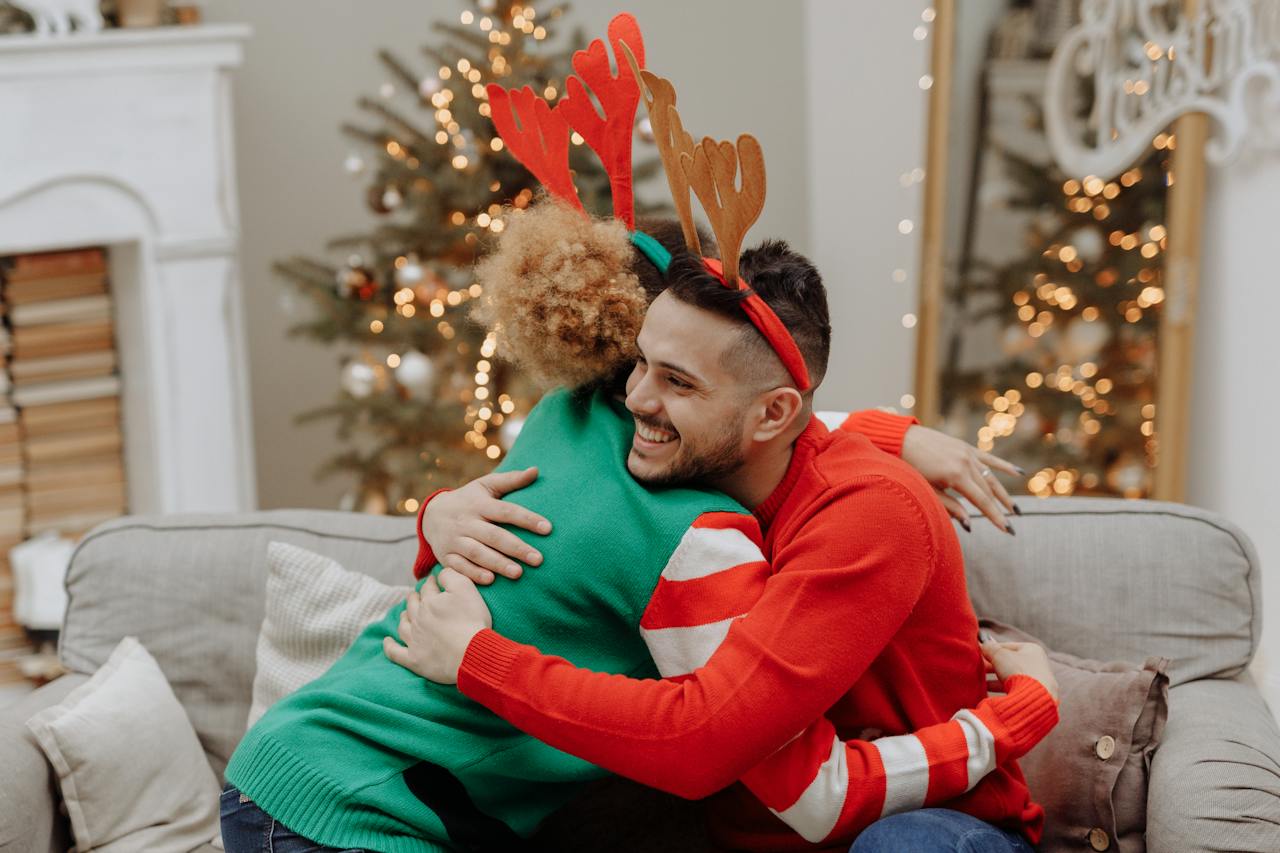
Supporting a Loved One with Opioid Use Disorder This Holiday
What can you do if a loved one confesses they're having a problem with their opioid use? Supporting a loved one with opioid use disorder during the holiday season can be challenging. Still, it's essential to approach the situation with empathy, understanding, and a commitment to their well-being. If a loved one confesses that they are having an issue with opioid use, it means they are likely ready to get sober with a little help.
Educate Yourself About Opioid Use Disorder
Learn about opioid use disorder, its effects, and the available treatment options. Understanding the nature of the condition can help you provide better support. Encourage professional help. Your loved one may be resistant to treatment bu,t it's the best way for them to cope with the mental and physical effects of OUD. Detox may also be needed so that they are canas comfortable as possible as the drugs leave their system.
Medication-assisted treatment (MAT) is an effective approach that combines medication with counseling and behavioral therapies. Medications like methadone, buprenorphine, and naltrexone can help reduce cravings and withdrawal symptoms. Outpatient programs provide flexibility, allowing individuals to receive treatment whill maintaining their daily responsibilities. This can include counseling, group therapy, and medication management.
Opioid use disorder is a disease of the brain. A person who develops it isn't thinking the way you may be accustomed to and may have issues making good decisions. If they confess to you, they think they have a drug problem, be reassuring and let them know your certain treatment can be a help. Offer to research programs or help them sign up for treatment.
Be mindful of the stigma surrounding addiction. Don't try to shame a loved one into seeking treatment or say that their disease is a decision – it isn't! It's a disorder like any other health disorder. Create an open and non-judgmental environment where your loved one feels safe discussing their struggles and seeking help.
OUD Treatment and Recovery
Your loved one did not become addicted overnight, and recovery may not be so rapid, either. People are taught to approach recovery a day at a time. Support your loved one in attending therapy sessions and completing their treatment plan. Cognitive-behavioral therapy (CBT), contingency management, and motivational enhancement therapy are all therapies commonly used to address the psychological aspects of addiction.
Peer support groups, usually 12-step groups, are important to long-term recovery. People with addiction learn best from each other, and the social aspects are also important, especially in the first months and years of recovery. Encourage participation in peer support groups like Narcotics Anonymous (NA) or Alcoholics Anonymous. These groups offer a sense of community, understanding, and shared experiences that can be crucial for recovery.
From this holiday and beyond, suggest and participate in activities that don't involve substance use, including alcohol. This can include family game nights, outdoor activities, or attending events prioritizing sobriety.
Be a Good Support Person
While you may not know exactly what feelings your loved one is going through, a person with opioid use disorder who confides in you has taken a good first step. People who have a problem with alcohol or drugs often feel lost and need encouragement and help when they're first getting sober. Learning about opioid use disorder and the supports available can help you and your loved one begin to look for answers.
Let your loved one know that you are there for them. Listen without judgment, express your concern, and offer encouragement. Emotional support can be a powerful motivator.
Remember that opioid use disorder is a complex issue, and recovery is a continuous process. Professional guidance and a comprehensive approach that includes medication-assisted treatment, therapy, and peer support are often the most effective ways to help someone with OUD. Encourage your loved one to seek help and provide ongoing support throughout their journey to recovery.
Getting Help for OUD in North Carolina
If you or a loved one needs help getting clean from opioids this holiday season, we're here to support you. We can help create a recovery plan that works for you and prescribe Medication-Assisted Treatment if appropriate. Please get in touch to learn more about our services and how we can help.
If you are in need of help, please call us at: 910-295-7246 or message us.
Categories
addiction opioids Treatment
